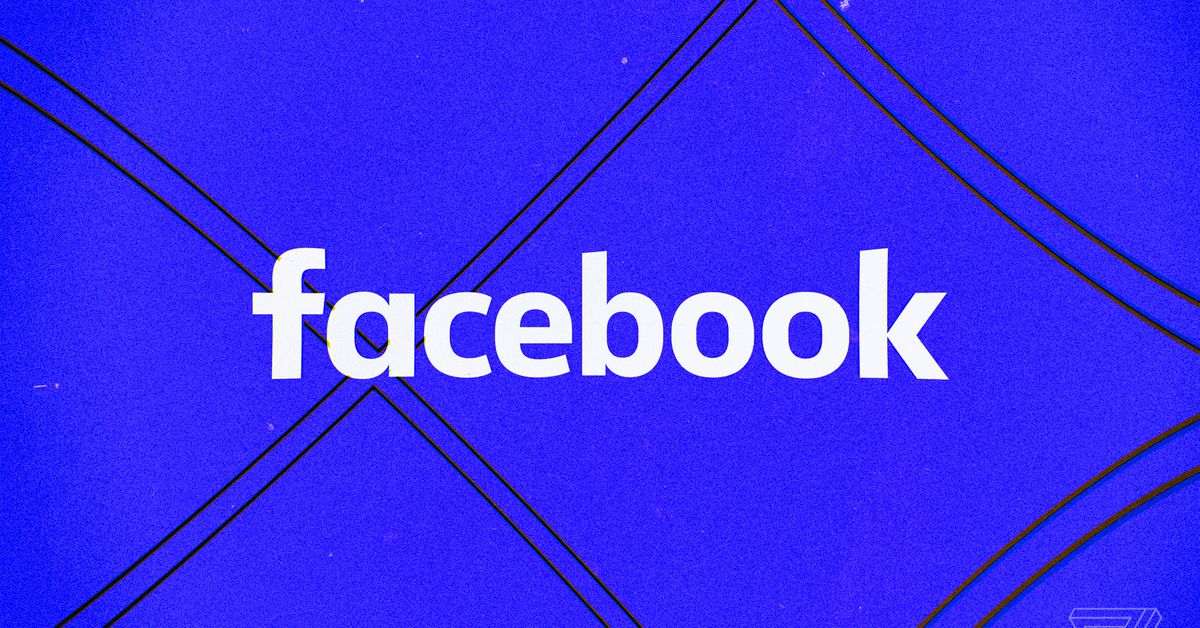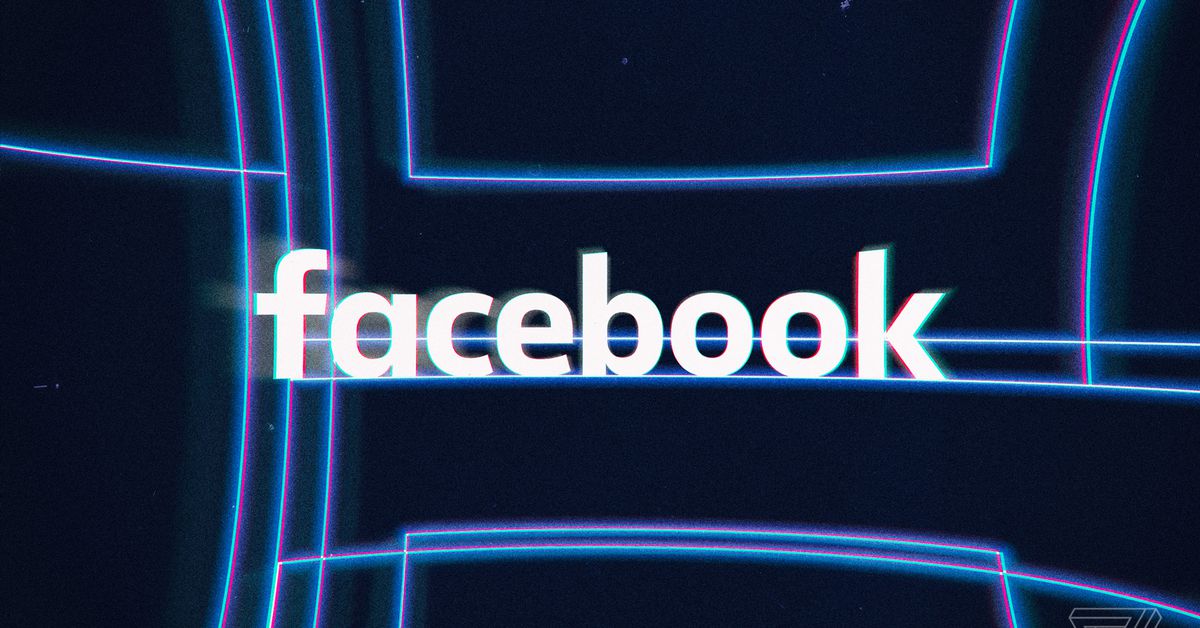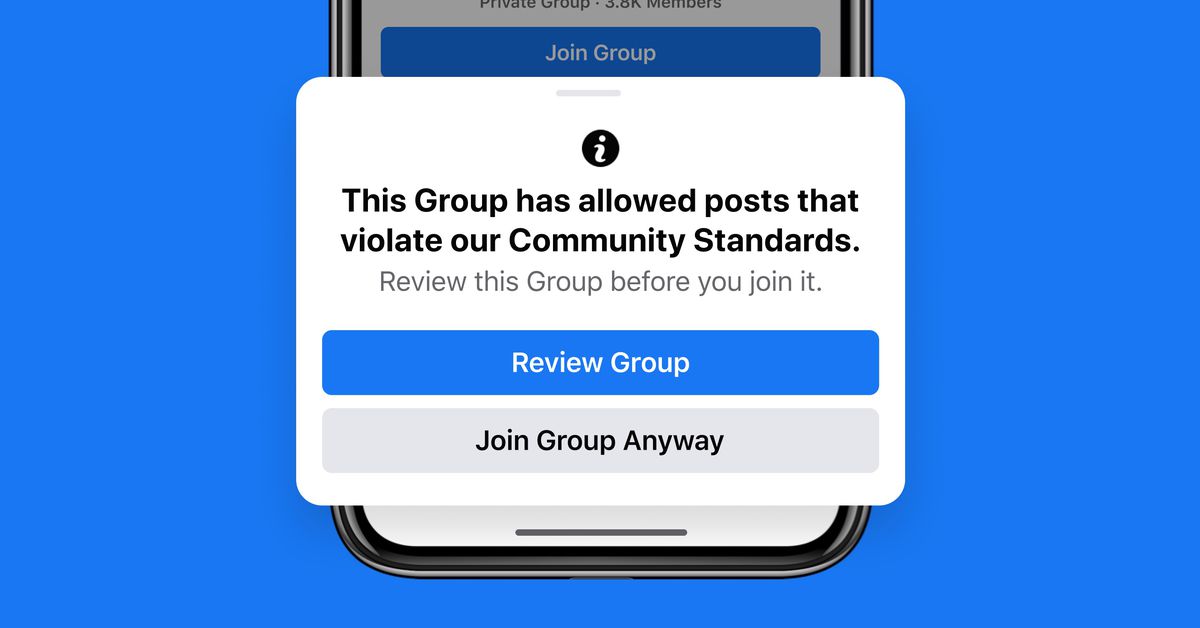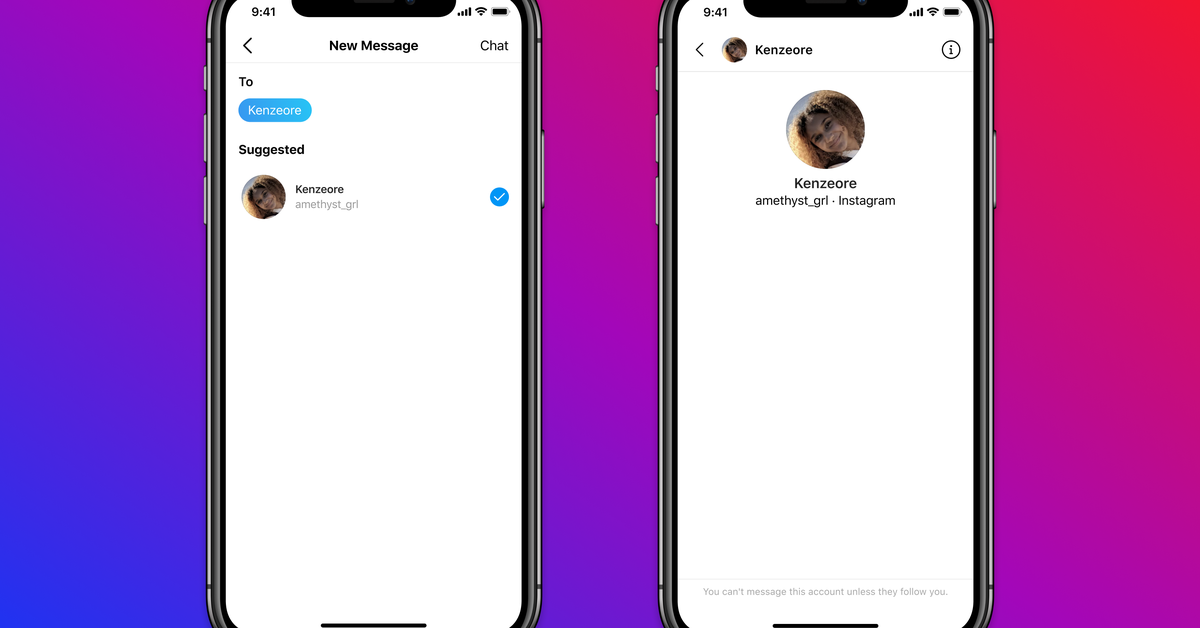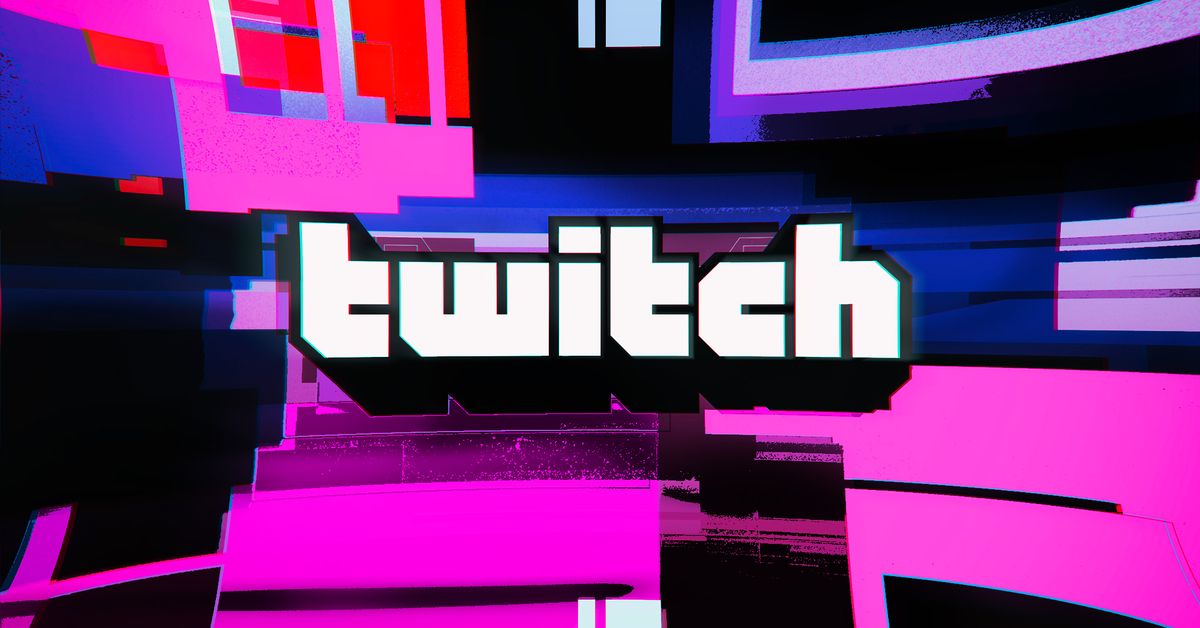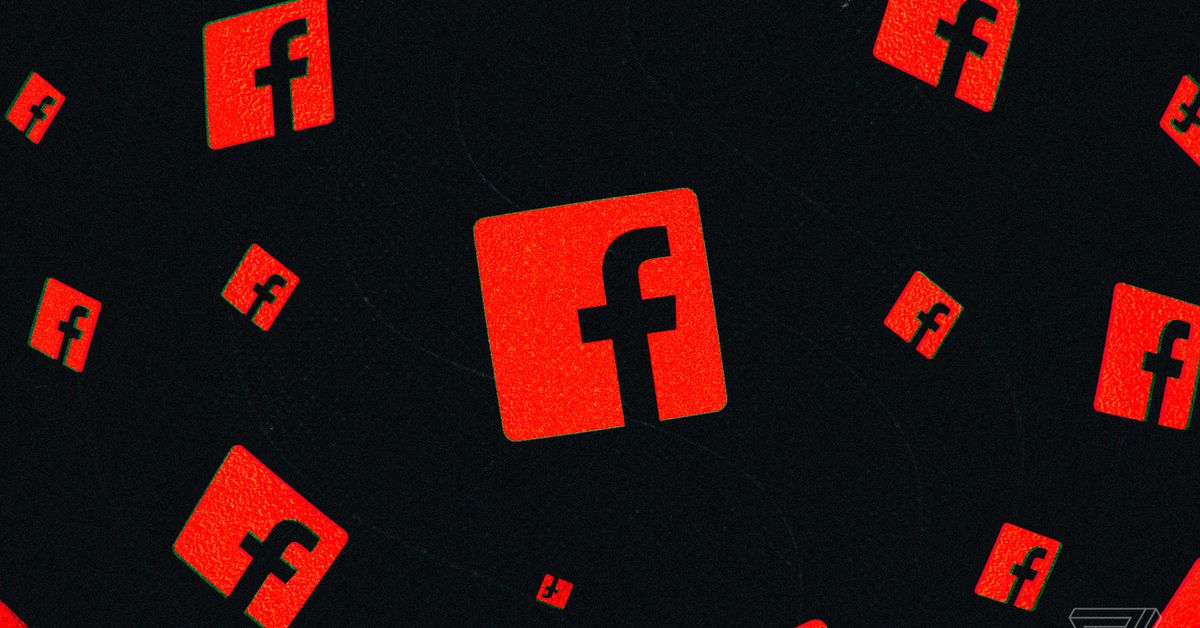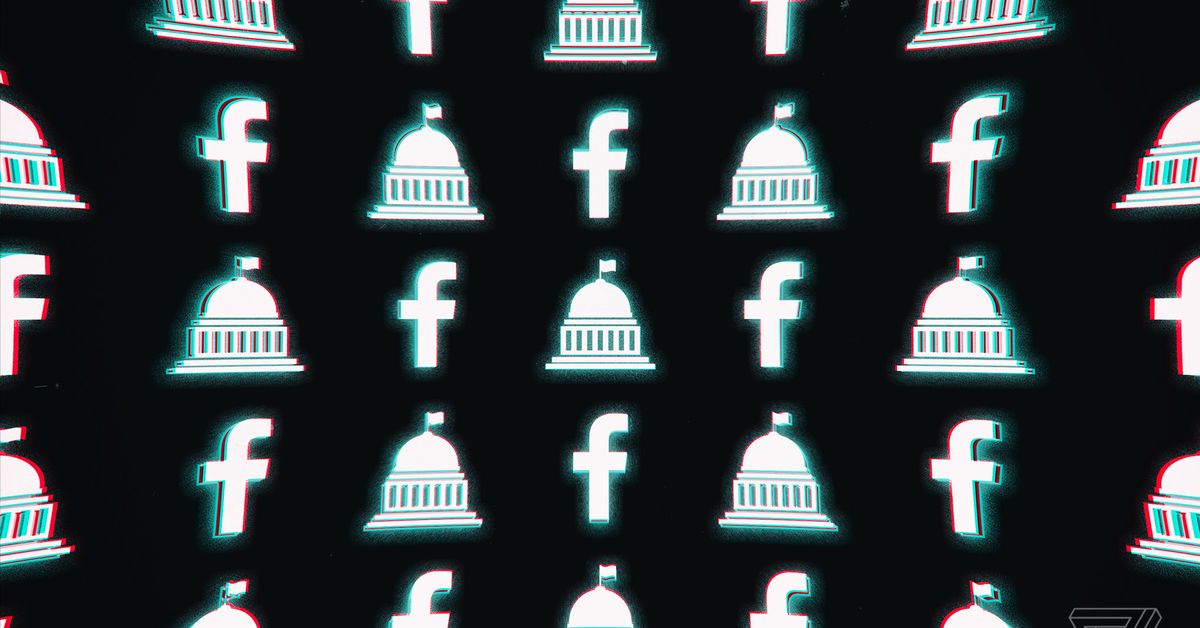Today let’s talk about platforms’ growing interest in building newsletter tools — and whether Facebook, against all conventional wisdom, might have an opportunity there.
I.
Newsletters made headlines today after Facebook announced a plan laying out some of its intentions in the space. In a blog post entitled “Supporting independent writers,” the company explained its point of view and sketched out the products it is now building. Campbell Brown, the company’s vice president for global news partnerships, and Anthea Watson Strong, a product manager for news, laid it out:
- A free, self-publishing tool with robust styling options to create individual websites and an email newsletter
- An integration with Facebook Pages to enable publishing across various multimedia formats including photos, live videos, and stories
- The ability to create Facebook groups and nurture a community of readers
In addition, Facebook plans to offer features to help writers find audiences and sell subscriptions, as well as analytics tools and an accelerator program “to help creators come together and learn best practices.”
Before I go any further, let me acknowledge my conflicts here. As noted in my ethics statement, I receive a health care subsidy and legal support from Substack, the company with which Facebook is most prominently competing here. At the same time, it’s in my interest to see lots of newsletter services thriving. As in most things, the more big companies that are competing for writers, the better off most writers will be.
That said, I still find Facebook’s move into newsletters a bit surreal, if only because I started a newsletter in 2017 as an end run around Facebook. Or rather, as an end run around the idea of algorithmic feeds in general. After the better part of a decade chasing audiences from platform to platform, I set out to build a strong, direct connection to an audience that wants to hear from me, and that I can reliably reach no matter how many likes, upvotes, or retweets any individual post happens to get.
I won’t rehearse Facebook’s long history with the news business here, but suffice to say it has been rocky and mostly unsatisfying for just about everyone involved. At the same time, since the clear-eyed and opinionated-in-a-good-way Brown joined the company in 2017, Facebook’s news efforts have gradually bent toward realism. If the Facebook of old promised publishers the moon, the Facebook of today is more likely to promise as little as possible.
But as the platform’s dominance has grown, so has the threat of onerous regulation. As their digital advertising revenues have shrunk, publishers around the world have gotten better at convincing lawmakers that Facebook (and Google) owe them a cut of that revenue. (Australia is the most recent example of this, and it will not be the last.) Facebook has grudgingly paid up, to no real material benefit to society — as I like to say in this space roughly once per day, the United States lost 16,000 journalism jobs last year. Platform subsidies have not been enough to stop the bleeding in the past, and I have no reason to believe they will do so in the future.
Still, demands for those subsidies will only increase over the next year. For platforms, the natural response to those demands is to try to change the laws. Facebook will certainly continue to lobby around the world, but with newsletters it’s attempting a secondary strategy: it’s trying to change the publishers.
Facebook’s oft-repeated mission is to “give people a voice,” and yet for the first decade-plus of its existence, its media partnerships have largely been with big companies like CNN and News Corp. A more Facebook-like approach to media partnerships would be to start at the level of the individual and help people start building their businesses that way.
After a long period of inattention to creators, Facebook has been developing new ways for individuals to make money from their large followings on Instagram. It is doing the same in its Twitch rival, Facebook Gaming — which, incidentally, saw its watch time grow 79 percent last year. Viewed in this light, turning individual writers into successful tiny media companies feels like a logical next step.
Not to say that Facebook’s newsletter ambitions have been received particularly warmly. “Facebook Has Found a New Way to Ruin Media,” a headline in The New Republic announced today. Jacob Silverman’s piece doesn’t really say anything specific about how Facebook newsletters would “ruin the media”; instead, it recounts how difficult the media business is for the people who work in it, and it casts doubt on the idea that solo entrepreneurs and small groups of collaborators can do much to change that. (My humble retort is that, uh, maybe we could try it first?)
Certainly there are questions that any would-be media mogul should ask before throwing in with Facebook, and I asked the company a couple. For starters, will these “individual websites” be hosted on domains controlled by Facebook or the author? (If the author, yay; if Facebook, run.) Facebook told me it was “too soon to discuss those details.”
Second, will Facebook take a cut of subscription revenue? No answer there either, but a spokeswoman pointed out that Facebook currently takes no cut from revenue generated by subscriptions initiated through its Instant Articles product, and it has said it will not take a cut of any video creator revenue through at least August. If those are hints that Facebook will take a zero percent commission on newsletter subscription revenue — well, that will get the attention of at least a few creators who are currently giving up 5 or 10 percent.
The third question, and the most important one, I didn’t bother asking: how committed will Facebook be to these creators over the long term? Much of journalists’ enmity toward the company stems from the fact that what the platform amplifies changes all the time, making it shaky ground on which to build a business. But even assuming that Facebook’s enthusiasm for newsletters wanes over time, it might not be as catastrophic to the individual as the pivot to video was for big publishers. As long as creators can export their mailing lists and customer relationships when the time comes, they may find that the hassle was worth it.
II.
Those are all questions about what’s in it for creators, though. Perhaps just as interesting is what’s in it for Facebook.
On the surface, it may not seem obvious why the company would take an interest in helping people build businesses off the platform. But that view is rooted in the company’s old view of the News Feed, as a place that blended posts from your friends with links to articles from publishers on the open web.
Two years ago, though, Mark Zuckerberg announced that the company would gradually shift its product development to focus on private messaging and groups. And groups are the real opportunity for Facebook when it comes to newsletters.
The historian Heather Cox Richardson is the most successful individual authors on Substack, on track to earn more than $1 million in subscription revenue this year. Many of her subscribers come from her Facebook page, which has 1.4 million followers. For most of us on Substack, newsletters offer a way to monetize our Twitter followings. But if you’re a Facebook executive, you look at Richardson and wonder whether you couldn’t help more people monetize their Facebook pages.
If Facebook could do that, and create a thousand Richardsons around the world, it would prove that the company can support a different kind of publishing, giving it a shiny new talking point as it wrestles with lawmakers around the world. And it would help to realize the company’s visions for groups as the starting point for many, or even most, of the discussions that the average person has on the platform.
That looks like a win-win for Facebook and ought to give prospective participants in this new experiment at least some confidence that the company’s commitment is real. (It’s also notable to me that Facebook announced these tools months before they are publicly available — a sign that the company wants them to be on the mind of anyone considering making a move in the short term, particularly those who have large Facebook followings and might otherwise consider Substack or the newly Twitter-owned Revue.)
Anyway, I don’t know if any of this will work for Facebook. But it seems clear to me why the company would want to try.
III.
Another reason why Facebook might have an opportunity is that Substack seems intent on giving them one.
Some writers on the platform have been unhappy since Substack published a blog post last week announcing its “Pros” program, in which it offers some writers big advances to lure them to the platform. The list of writers to whom advances have been offered is not public, and I believe it to be more diverse than the public conversation over the past week has made it out to be. But among the Pros who have been open about their involvement, most of them are white and male like me. (I was offered an advance last year but turned it down, though I accepted other benefits, as disclosed above. If Substack considers me part of the “Pro” program, I am not aware of it.)
The blog post characterized the decision to offer advances as “business decisions, not editorial ones,” which came across as wishful thinking. Meanwhile, some of the people who have taken advances have written various offensive things, both on and off Substack, and now some other writers are wondering whether remaining on the platform makes them complicit. (The logic is that their paid subscriptions are generating revenue that will then be used to fund further advances for people who attack journalists, or stoke fears about transgender people, and so on.)
Amid all this, Substack CEO Chris Best tweeted, without any other context, “Defund the thought police,” seeming to side with the platform’s most lucrative edgelords over its more centrist and liberal creators. I’ve since received a few inquiries from writers asking whether being associated with Substack will damage their reputations over the long term.
If I were Substack, I would take pains to demonstrate that the platform offers financial support to creators across the political spectrum and draws hard lines around targeted harassment and bigotry. I would hire a really good head of communications and give her the passwords to the founders’ Twitter accounts. I would lean all the way away from the culture war — and toward building products and services that generate more revenue, for more people, than anyone else does.
Because if Substack doesn’t, someone else will.
And it might just be Mark Zuckerberg.
This column was co-published with Platformer, a daily newsletter about Big Tech and democracy.

